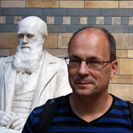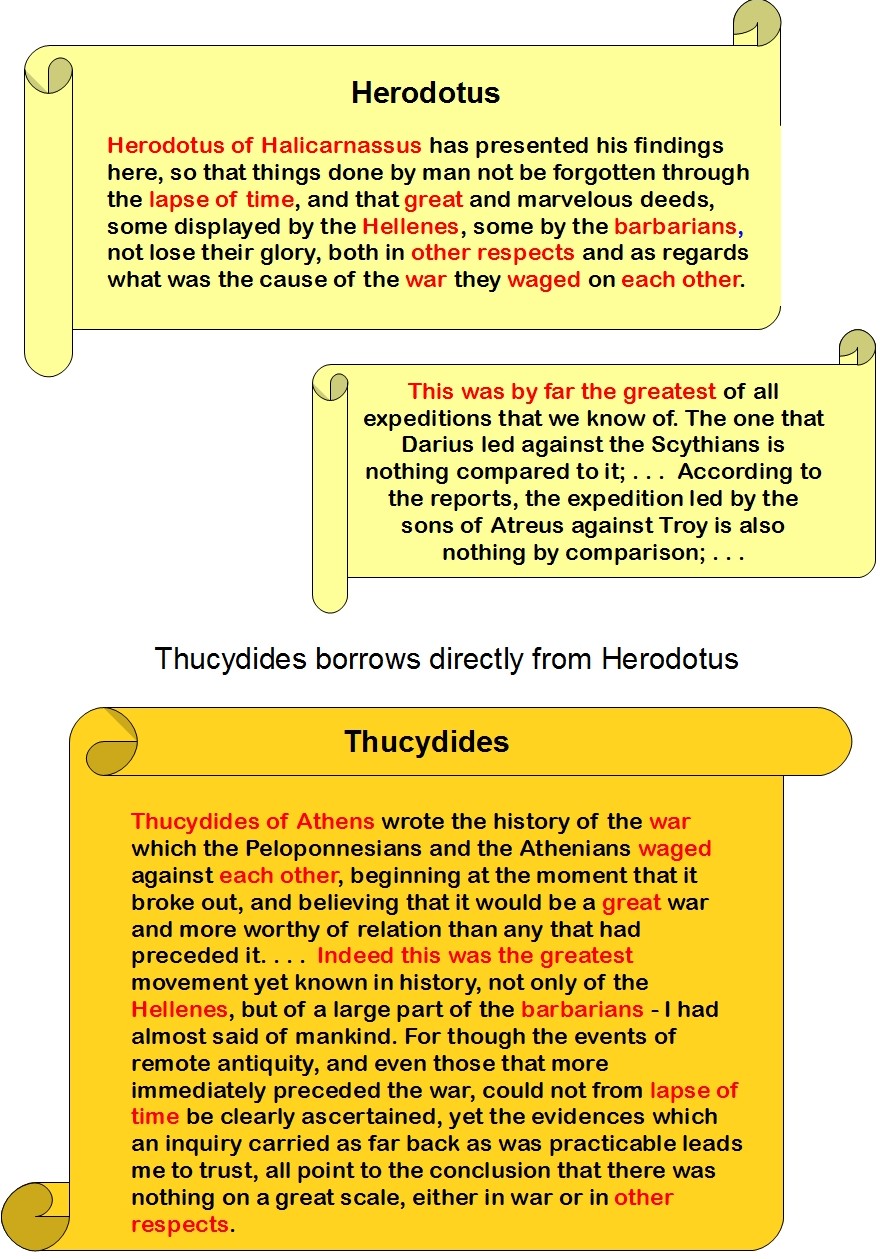
Dr Patrik Lindenfors, an associate professor at the Stockholm University, has asked me if I would be willing to help him by advertising his crowdfunded research project on this blog. I am honoured to do so and have just sent a donation to help out as well. He’s asking for public assistance because it’s outside his normal area of research.
His university website lists his areas of research and publications. He also has a personal webpage.
His Facebook page contains summaries of the new project.
The following is extracted from his webpage dedicated to explaining the project and the campaign for public assistance.
I propose to review potential placebo effects of religion and how these may explain why religious beliefs and practices are so common across human populations.

In my regular work I am a researcher of cultural evolution at Stockholm University. I have previously authored the books God Probably Doesn’t Exist, which has been translated into seven languages, and “Samarbete“, a popular science book in Swedish about the biological and cultural evolution of cooperation, currently being translated into English.
Now, I want to explore a proposal that has circulated in books and on-line discussions for a while – if there are any placebo effects of religion and whether these may be a partial explanation of the spread of religious beliefs and practices across human societies. . . . . .
You can read more and find out how to assist on the above links, in particular at the Divine Placebo webpage. Don’t delay though. He’s running out of time.
More from the site: Continue reading “Divine Placebo: A Request to Readers”


